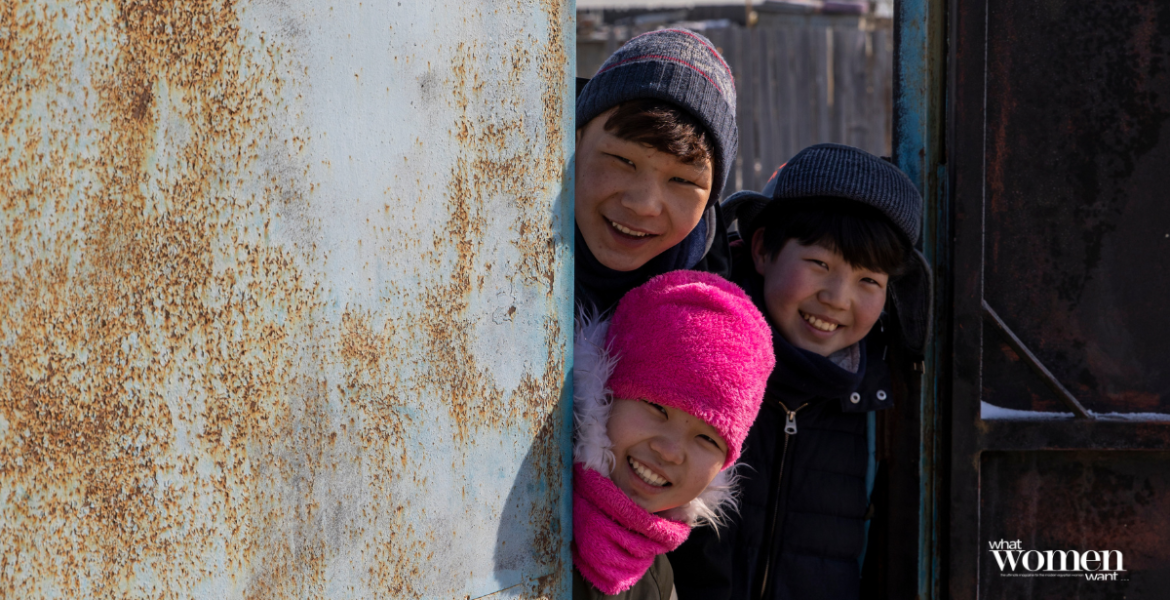If Only I Could Hibernate, directed by Mongolian filmmaker Zoljargal Puevdash, provides a deep understanding of complex issues like lack of jobs, urban migration, harsh winters, and poverty in Mongolia.
A poor yet prideful teenager, Ulzii, lives in the yurt area of Ulaanbaatar with his alcoholic mother and three younger siblings. He is a brilliant student and particularly excels at physics. He is determined to win a physics competition to earn a scholarship at a prestigious private school. Simultaneously, his mother finds a job in the countryside and must leave the city to provide for her kids. She leaves him and his younger siblings to face a harsh winter by themselves. Ulzii must take risks to stay alive amidst brutal conditions and focus on his academics.
Purevdash captures the essence of Mongolia’s struggles and beauty, from snow-capped landscapes to quaint and crowded yurts. She cleverly employs her voice to rediscover with the viewer contemporary Mongolian society while spotlighting the critical impact of education. The opening scene is an immersive yet alarming masterpiece. ‘If Only I Could Hibernate’ starts with a young voice cursing and yelling, accompanied by a black screen. Then it opens up to a young boy with his pants down and pinned by his three older siblings while his mother gives him a cold flu medication.
The music by the talented Johanni Curtet exceeds all expectations. He assigns each setting a particular sound that immerses the audience into the vibe and culture of the place. For example, during the scene in the yurt, he mixes ethnic string instrumentals of doshpuluur and mouth harp. But, in the city, he utilized beatboxing to give an urban edge, and in the countryside, he used throat singing.
The title ‘If Only I Could Hibernate’ is a perfect reflection of the themes of the film. A young boy dreams of skipping winter, like bears, to escape the cold, flu, and all the problems that arise from a lack of resources during harsh weather conditions. It is such a childish reflection, yet a very telling one. In fact, this is a recurring theme in the film. Purevdash follows serious shots with sequences of the kids playing together which highlights their innocence despite all their struggles.
Purevdash, in her debut feature, uses a family of five to spotlight a major issue in Mongolia and the world. In doing so, she blends politics with their real-life consequences.

